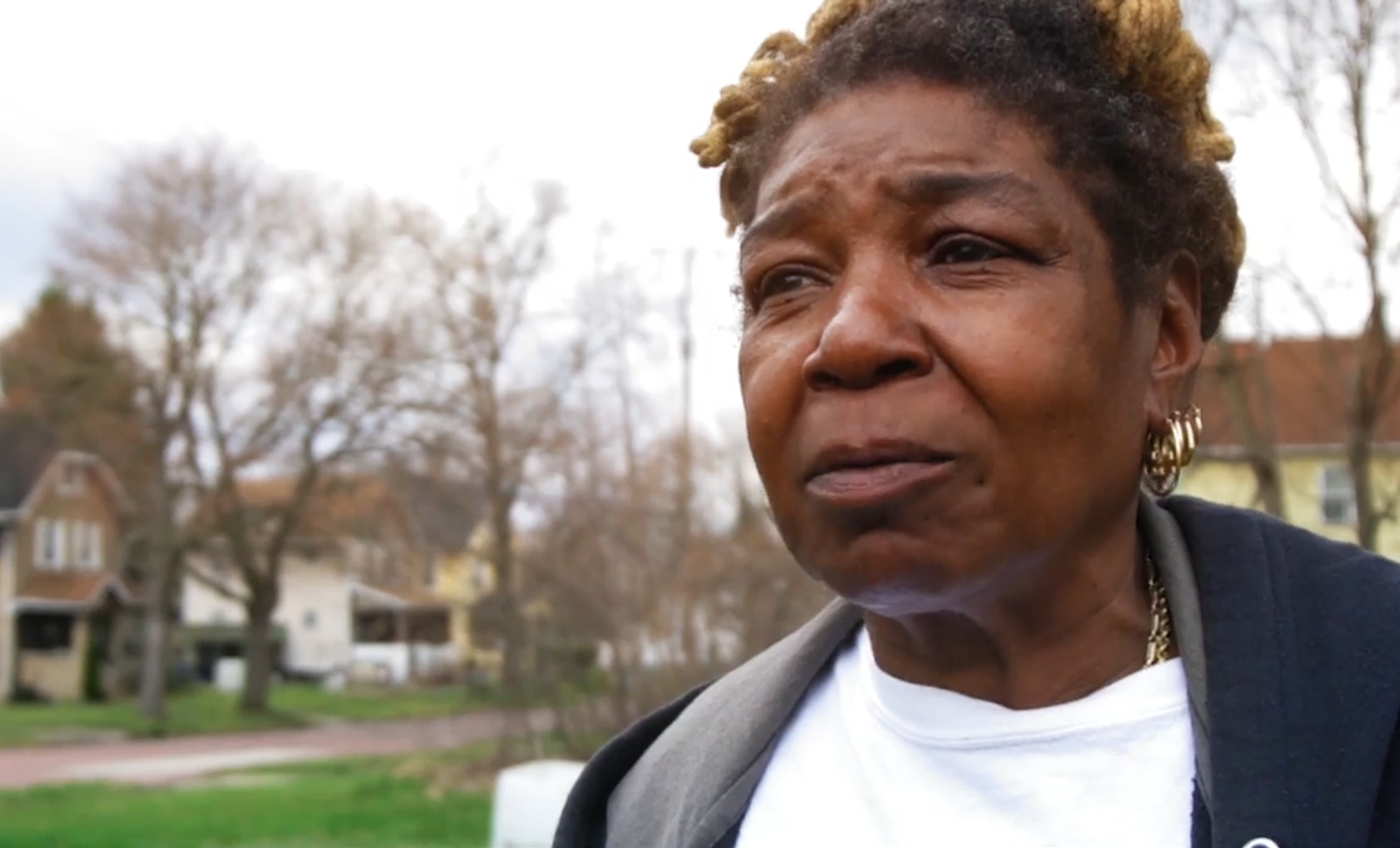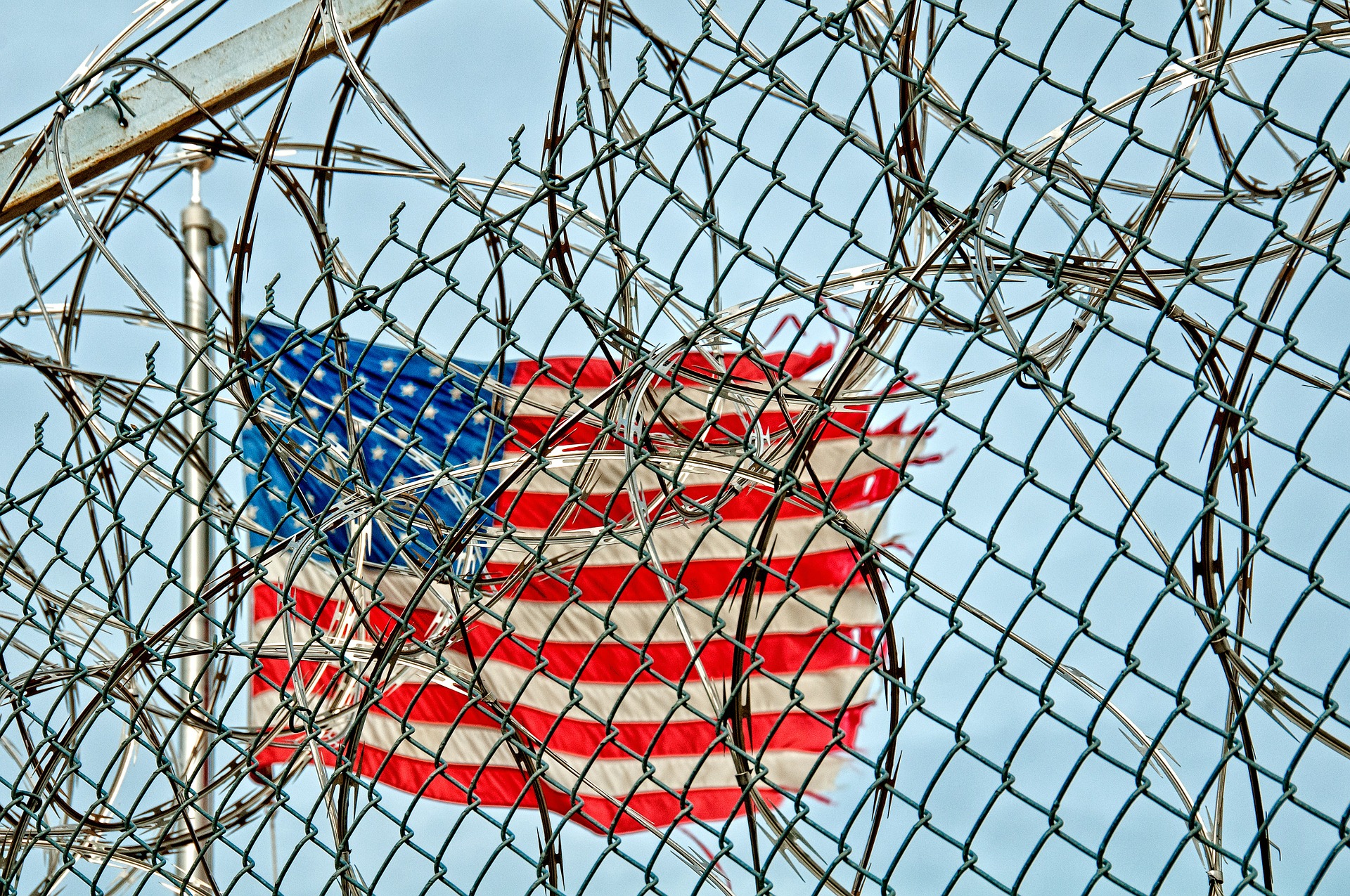Connecting the Dots: Fracking and Voter Suppression in Youngstown, Ohio
Emelyn Lybarger, Communications & Outreach Director - Community Environmental Legal Defense Fund
Communities in Ohio are advancing local laws to protect their drinking water and the natural environment. Hattie Wilkins has helped petition for citizen ballot initiatives to protect the drinking water of her hometown, Youngstown, where residents have struggled to protect their water from government neglect and the fossil fuel industry’s waste.
“It’s the poor people who can’t afford to buy bottled water who are impacted, so they have to drink that water,” explains Wilkins, a leader in Youngstown’s African American community. “More so it’s the little kids,” she says, “who are being hurt by that.” Wilkins, 68, was born in Youngstown, and worked 35 years at the local Brentwood Originals pillow factory.
Since leaving the factory, she has remained active in the community, advocating for easier access to healthcare, fighting for city grants to pay children to garden in empty lots, and working with Frack Free Mahoning Valley and Protect Youngstown to pass a “Community Bill of Rights.” The rights-based local law would safeguard funding for the city’s crumbling water infrastructure and ban injecting or dumping waste from hydraulic fracturing (fracking) in the city.
The group has taken on the city’s entrenched political class and the fracking waste industry.
In 2014, Wilkins explains, the U.S. Environmental Protection Agency warned the city government that it detected heightened levels of trihalomethanes in Youngstown’s drinking water. “But it took them a year to tell the people.” These are known toxins, being consumed by city residents, without their knowledge.
This, a 4.0 earthquake and the dumping of fracking waste around the city’s water sources, sparked the Frack Free Mahoning Valley and Protect Youngstown groups to form. What started as a collective effort to ban injection wells within the city, transformed into a realization that the community and its residents were at risk not just from injection wells, but that their civil right to have a voice in decisions on their local school system, money spent in local elections and how their water and sewer tax dollars were being diverted to corporate subsidies, was under attack.
“It’s voter suppression,” says Wilkins, “because they’re not allowing you to vote on things you believe in. We the people should have the right to vote on these things.”
The group has taken on the city’s entrenched political class and the fracking waste industry. It has also begun to face legal challenges and decisions by the Ohio legislature, state Attorney General, and the courts, which have placed new barriers between them and the ballot. They recently took a case to the Ohio Supreme Court, just to place their municipal initiative on the ballot. Other times they were simply taken off the ballot, even though they gathered enough signatures and satisfied all administrative requirements. Across the state, sister groups, advancing similar measures, have met the same barriers. The result has been thousands of citizens stripped of their right to vote on their own initiatives.
“It’s voter suppression,” says Wilkins, “because they’re not allowing you to vote on things you believe in. We the people should have the right to vote on these things.”
They were simply taken off the ballot, even though they gathered enough signatures and satisfied all administrative requirements.
People in Ohio have a right to the initiative to directly “check and balance” the government. Nonetheless, governing officials are repeatedly telling residents that they do not have the authority to vote on these measures.
The Community Environmental Legal Defense Fund (CELDF), an Impact Fund grant recipient, has filed a federal civil rights lawsuit on behalf of seven communities in Ohio, challenging the systematic repression of these local ballot initiatives.
Community members in the cities of Youngstown, Toledo and Columbus, and the counties of Portage, Medina, Athens and Meigs, have jointly filed the suit against their respective local Boards of Elections and the Ohio Secretary of State. They argue the state has systematically violated their federal constitutional rights of freedom of speech, right of assembly, right to petition the government for redress of grievances, right to vote, right of due process, and right of local, community self-government.
The state legislature, Ohio Secretary of State, and Ohio Supreme Court are deploying numerous tactics to keep the laws off the ballot.
This includes administrative hurdles that seem to arbitrarily change from year to year in order to keep the initiatives off the ballot.
The complaint describes these and other actions as “placing unlawful blockades, insurmountable hurdles, and arbitrary and irrational procedures between the people of Ohio and their exercise and enjoyment of direct democracy.”
These tactics, collectively, prevent qualified ballot initiatives from appearing on the ballot and being voted on.
For Wilkins, it’s a civil rights issue. “Let the community vote on it,” she demands. Why? Because, says Wilkins, “As Martin Luther King said, ‘Injustice anywhere is a threat to justice everywhere.’ Our civil rights are being violated. Your community may be next. So we’re challenging this injustice, right here, right now.”







